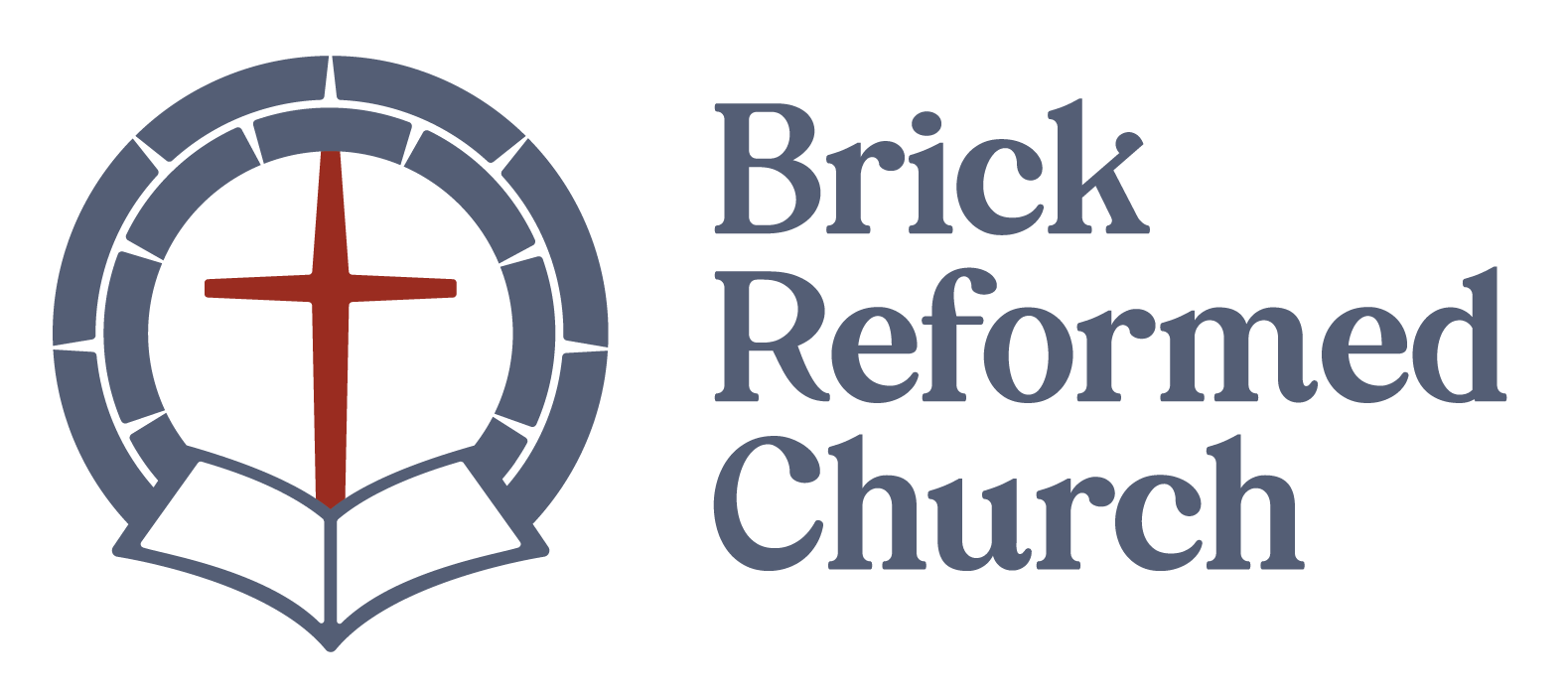Geoff LaLone
“He was praying in a certain place, and after he had finished, one of his disciples said to him, ‘Lord, teach us to pray…’”
Luke 11:1
In our worship service this past Sunday, during our family prayer time, someone suggested that we pray for Hurricane Florence to change course and head directly out to sea. Wanting to lighten the mood of the service just a little, as the sermon seemed to have struck a rather somber tone, I suggested we may not want a complete reversal, as I had only recently seeded my lawn and would appreciate at least a little rainfall. While several in the congregation found my remark humorous, I almost immediately questioned its appropriateness. With each report of Florence’s growing strength this week it has become more and more apparent that a storm of this magnitude is no laughing matter. For the record, preventing the loss of human life and the destruction of property is far more important to me than having a few less weeds and a little more grass in my yard.
That exchange last Sunday, and several other conversations I have had this week, have made me wonder about the right way we should pray in a situation like this one. So many of our prayers for our own personal safety and convenience are selfishly driven. My prayer for rain is one example. Just this morning I came across a post on facebook that read, “I’m looking for a new job…I’m hoping this hurricane doesn’t hold up my search.” When we pray for the storm to change course, we forget that if the eye of the storm misses us or our loved ones, it will almost certainly target someone else.
To inform my thinking about this question on the right way to pray in this situation, and any situation for that matter, I revisited the lesson Jesus taught his disciples on the subject. Jesus’ response to the disciples' request here (and in Matthew 6:9), “Lord, teach us to pray…” has become known as “The Lord’s Prayer.” The first two lines have a lot to say to anyone in the path of Florence: “Our Father, who art in heaven, hallowed be Thy name. Thy kingdom come, Thy will be done, on earth as it is in heaven.”
These two lines point to at least these two important truths that we believe as Christians: (1) that God is ultimately in control of this world and is sovereign over all things, even a Category 4 Hurricane. (2) That the most important thing in all this is that God’s glory be made known through it all. In light of this, we can certainly pray for God to change the course of the storm, not only for our sake, but for the sake of all those he has created, all the while knowing that he may not choose to do so. Even more importantly, we can pray that God will be glorified through this storm. And that can happen in any number of ways. For starters, it can cause people to recognize God’s power. But it will also create all kinds of scenarios where God’s people can demonstrate his compassion, both before and after the storm. It could be through opening up their homes for evacuees, checking on an elderly neighbor whose power has gone out, removing downed tree-limbs across roadways, or contributing to the immense task of cleaning up debris and repairing damage. The aftermath of Florence will provide so many opportunities for the Church to be the Church in their communities.
Continue to pray for God’s protection and for God’s will to be done in this situation. Most of all pray for God’s glory to be made known. And don’t stop praying after the storm has passed. For many people, it’s not until after the storm that the real challenge begins.
